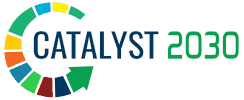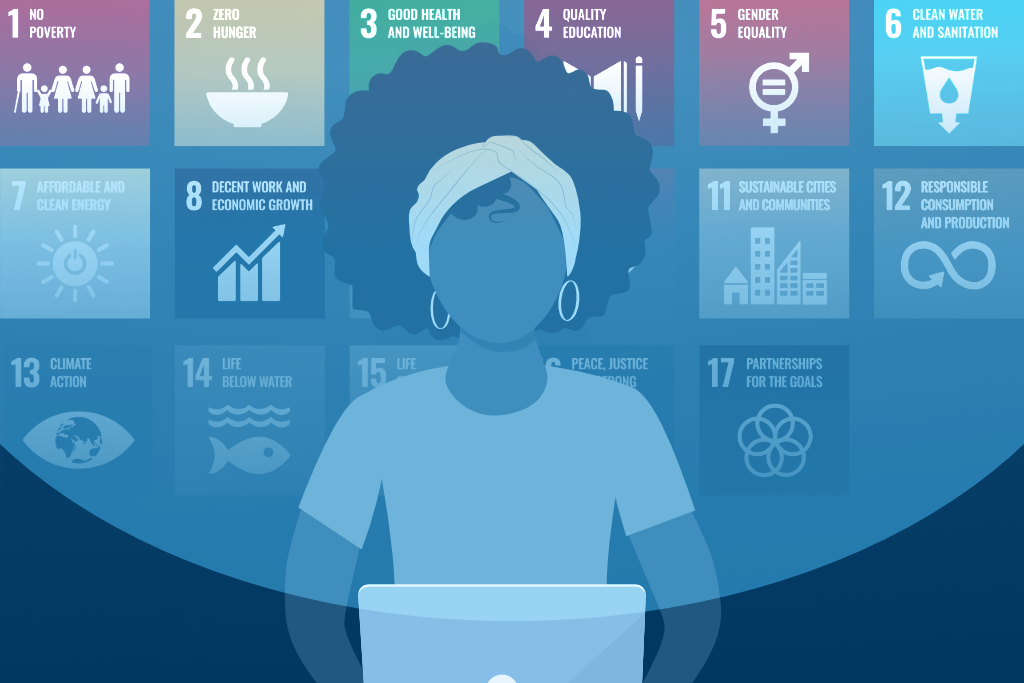This article was written by: Lynnet Njeru, Co-chair Catalyst 2030 Kenya Chapter at the AACOSE Conference in Nairobi.
Social Entrepreneurship and Gender
For a long time, women have been marginalised from income-generating activities. Growing up, I have always known that I wanted to change the status quo and do or be something that will appreciate women in the economic space.
As the Co-Chair of the Catalyst 2030 Kenya Chapter, I am privileged to interact with a lot of women-led social enterprises which prove that women have leveled up and have taken up space in the economic arena. Although I haven’t served long at the Chapter, my duty is to ensure gender equity by attending to the needs of every member without any form of gender bias.
Many women are the caregivers in their families and should be allowed to participate in economic activities. It is women who know what their children and husbands will eat and wear. I believe that the Kenya Chapter is in good hands with the two co-chairs and the coordinator being women.
In my organisation, The Umundu Artivism, we make efforts to empower survivors of sexual and gender-based violence with income-generating skills. We use a ‘person-centered approach’ where we guide each survivor to identify a skill that will best meet their goals and align with their schedule.
With my fellow Co-Chair and our Country Coordinator, we have categorised our members according to the sector their social enterprises serve, i.e. climate change, education and gender equity. This makes it easier for us to identify funding opportunities for members.
Many women are caregivers and tend to think on behalf of the entire family. The easiest way to support a larger community is by identifying women-led social enterprises and offering support to them. Global movements, CSOs and governments should support women-led businesses, not just as a way of financially empowering them but also as a way of supporting an entire generation.

